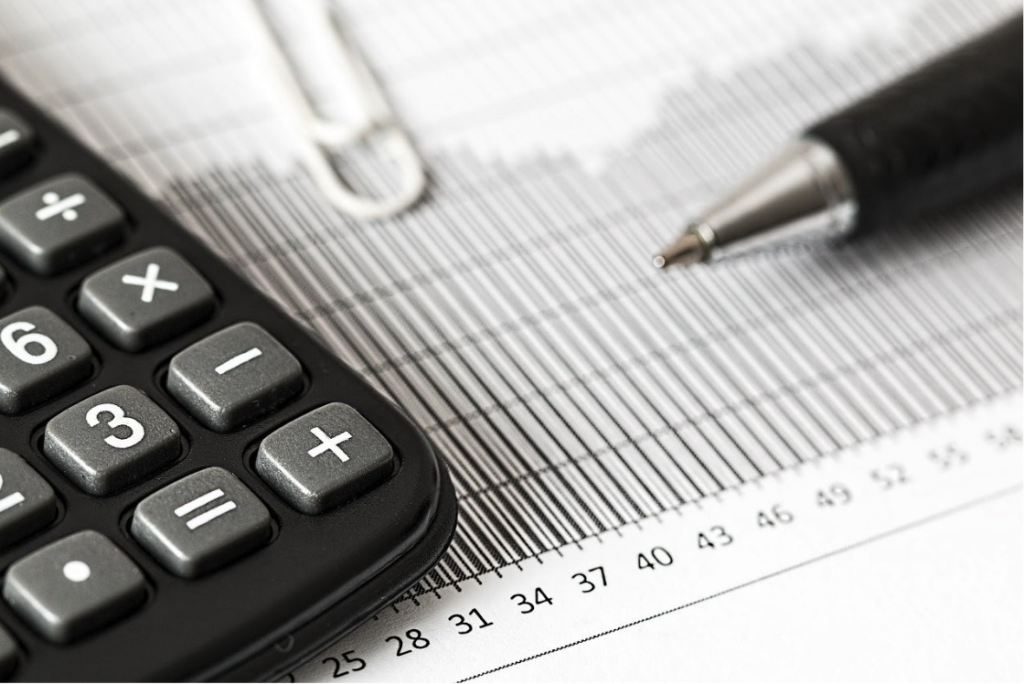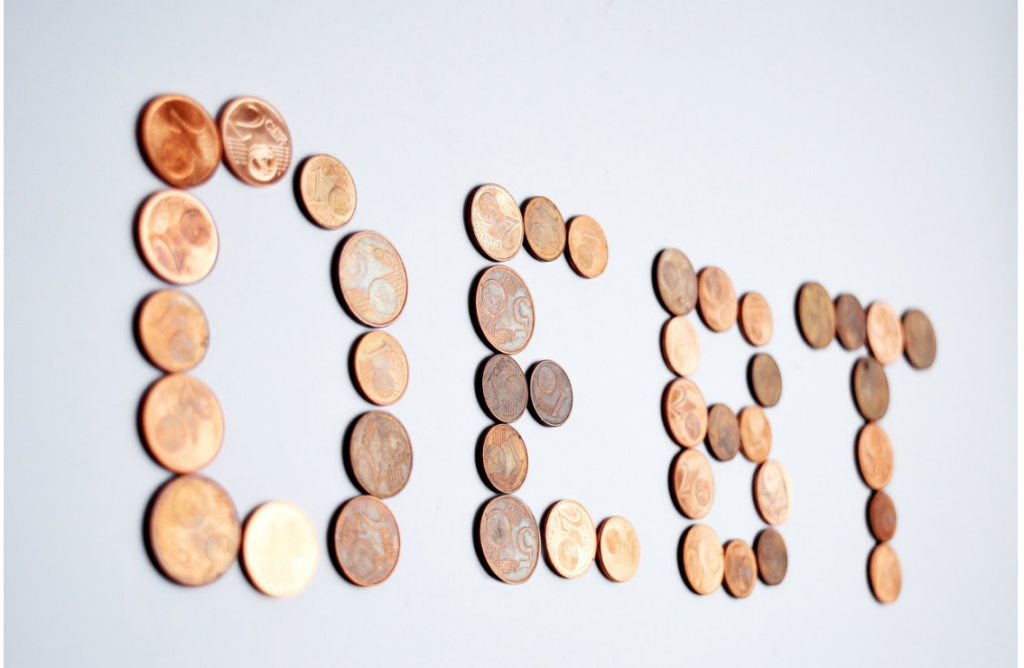When you suffer some sort of serious injury, it can leave you sidelined, and in some cases, it might even leave you unable to work and earn a living. That’s when your physical problems can run head-first into your financial situation. It’s easy to start massing debts and feeling subsumed by the whole situation when you’re no longer able to earn a living and work daily.
It’s not a great situation to find yourself in, but it’s a problem that certainly can be dealt with. There are lots of steps to take to ensure your financial situation recovers after you’ve got yourself into debt over this whole situation. We’re going to talk you through some of the steps you can take to rid yourself of debt below, so read on to find out more.
Organize Things and Get a Clear View of Your Financial Situation
First of all, you need to make sure that all of your accounts and books are properly organized. Doing so will help ensure your financial situation is as clear as it can be. From there, you can see exactly where your problems lie and how you can go about cutting spending and making your approach to paying off this debt more coherent. It’s an important first step to take in this whole process.
Get Debt Advice
If you don’t know much about debt and money, you shouldn’t hesitate to contact a debt advice organization. There are many of them out there and they’ll be able to give you the help and guidance you so desperately need when you’re going through something like this. It’s important not to suffer alone, especially when there are things you don’t entirely understand about your situation.
Put a Plan of Action in Place
In order to successfully rid yourself of debt, you need to put a plan of action in place. This plan should outline how you’re going to get out of debt and which steps you’ll need to take to make that happen in the shortest possible amount of time. It’ll give you a plan to follow and something to stick to as you go through the process of ridding yourself of debt.

Find Other Ways to Earn While You Can’t Work
There are often other ways to earn some money on the side while you’re injured and unable to work. Perhaps you could harness the skills you already have and put them to work in new and different ways. Even if it’s just selling some unwanted possessions to raise some extra funds; it’ll still help you to earn some money while you’re unable to earn from your regular job. The internet offers all kinds of new opportunities that you can take advantage of if you get creative.
See if You Can Secure Compensation for Loss of Income
Some injuries come about as a result of someone else’s mistake. That’s why it could be worth thinking about whether you can get compensation for the income you’ve lost as a result of your injury and not being able to work. A good slip and fall lawyer will work for you to find out whether you have a case and they’ll then pursue it to achieve the maximum amount of compensation possible. The sooner you start this process, the sooner you’ll get the money that you’re owed as a result of your injury.
Find Out if You Can Renegotiate Debts
If you have long-standing debts and you know they’re going to carry on causing big problems for you, it might be a good idea to contact the lender and see if you can renegotiate the debt. After all, the lender wants to be paid too and that won’t happen if you’re finding your debts unrealistic to deal with or insurmountable. That renegotiation process could be a real game changer for you, and it’s not as impossible to achieve it as you might think.

Snowball Your Debts
Snowballing your debts is a common technique that’s used by people who are looking to get debt-free. It’s a technique that involves paying off the smallest debt first and then moving to the next smallest and so on and so on, until all of your debts are paid off. It helps you to save on interest and get your debts paid off in the most manageable way possible, so give it a try. It’s a tactic that’s helped many people get out of debt already.
Make it Sustainable
Your living situation needs to be sustainable and this can mean a couple of things. First of all, it means that you need to make sure that you’re paying off your debts and doing so in a way that’s realistic for you. If it’s resulting in you not being able to pay your other bills or afford other living costs, that means it’s probably not sustainable for you. If it’s not sustainable, it’s not a long-term solution either. That’s why you need to be careful about putting plans in place that are too extreme and too difficult to keep up.
Don’t Let Your Recovery Get Sidetracked
Finally, it’s important to remember that your health and wellbeing is the thing that matters as much if not more than anything else. Sure, you need to get back on top of your debt, but try not to let these problems stop you from focusing on your health and recovery processes. After all, the sooner you recover, the sooner you can get back to work and get back to normal again, so don’t let it get sidetracked. If you do, you’ll make the task of getting out of debt harder in the long-term.
Finding yourself in a debt problem through no fault of your own can certainly be very frustrating indeed. You don’t have to struggle in silence and accept the situation as it is though. It’s important to deal with the problem directly and take the necessary steps to get back on track in the shortest time possible.




Pingback: 5 Ways To Earn Money After An Injury At Work - brokeGIRLrich
Pingback: 5 Ways To Earn Money After An Injury At Work - DM News